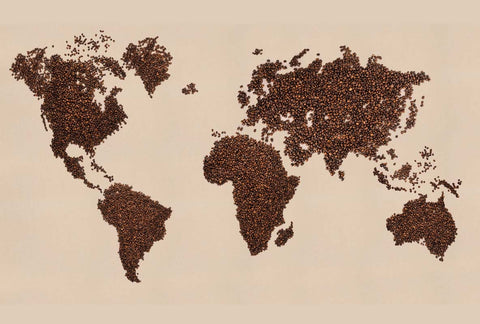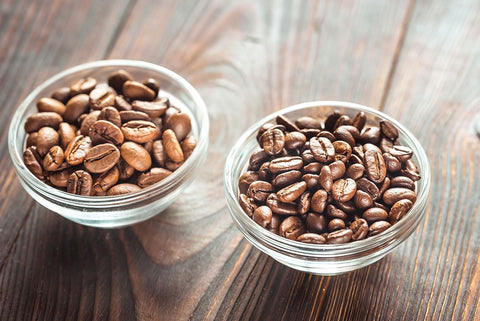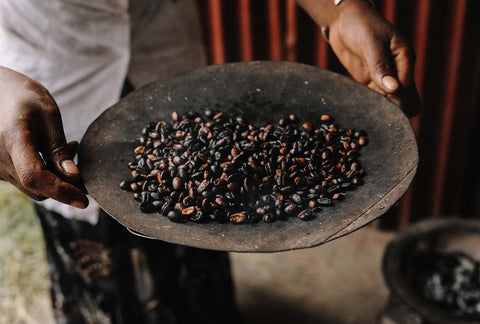
The beauty of coffee is that it’s enjoyed throughout the entirety of the world, with different preparations and cultures defining it. In the United States, coffee is ingrained in our culture. It is a way to bring people together, whether the focus is on family, work, or an excuse to leave the house to spend time with friends. Curiously enough, coffee was not always a part of our culture, and we have the revolution to thank for this transformation. So, when did coffee become popular in America? Let’s take a look at the history to better understand how we became one of the biggest consumers of coffee in the world.
History of Coffee in America
Coffee beans, which are known for being a cherry-like fruit, were not always utilized to make coffee. They were actually used in a variety of ways, including a wine drink that was made from fermented coffee pulp. It wasn’t until the 13th century that the roasting process was discovered. There are many stories about how this discovery was made, with one of the tales originating in Ethiopia. It wasn’t until centuries later, though, that coffee started to gain popularity.
After becoming popular in countries such as Turkey, Persia, Syria, and Egypt, it made its way to Europe in the 17th century. What many people don’t know is that coffee was actually introduced to the United States in 1607 by Captain John Smith Jamestown. After returning from his trip to Turkey, he informed other settlers of his findings, but the idea of coffee did not take off immediately. While the world was starting to enjoy the flavors and benefits of coffee, tea was still the drink of choice throughout the United States.
It wasn’t until 1773 that the traditions regarding caffeinated beverages started to take a turn. It was in this year that the infamous Boston Tea Party occurred. This protest fought against the high taxes that the British Parliament were imposing on the colonists. On December 16th of this year, 342 chests of tea belonging to the British East India Company were thrown from the ships into the Boston Harbor.
There are two reasons why this led Americans to trade in their tea for a cup of coffee. Some say that many Americans stopped drinking tea as a way to support the rebellion. While this may be true, another strong reason is that coffee was the more economic option. During this time, it was cheaper to purchase coffee imported from Brazil or the Caribbean than to buy imported tea from Britain. Even more, coffee was always available, even during times that tea was being withheld from colonists due to embargoes or restrictions.
This marked the beginning of our coffee culture, though the Civil War was one of the factors that increased coffee consumption. This is because coffee was affordable, didn’t spoil easily, and soldiers enjoyed consuming it. Even after the war ended, coffee was still preferred by many people. As more time went by, coffee became increasingly popular, resulting in the amazing coffee culture that we now have in the United States.
Modern Day Coffee
Nowadays, you can’t walk down the street without passing at least one coffee shop. The popularity of coffee in the United States invites diversity and exploration through various flavors, preparations, and influence from different cultures. Rather than just being the available option, present-day coffee shops should focus on quality, artistry, and creating a craft cup of coffee that consumers truly enjoy.
At Pax & Beneficia, we strive to do this and so much more. Rather than offering commercial coffee, we focus on providing a specialized coffee experience. We offer a window into our own culture by offering Turkish coffee, but we also invite a range of flavors to make our guests feel at home.
Even more, we believe in the movement to give back. One of the ways that we do this is by sourcing our beans from various hardworking companies and farmers throughout the world. Rather than purchasing beans that are mass produced by huge organizations, we take the time to get to know the face and culture behind the coffee beans. This not only guarantees quality, but it gives small farmers the opportunity to provide for their families and communities.
So, what does modern coffee mean to us? It means giving back to the community, perfecting the art of coffee, and offering a space where people feel at home.




